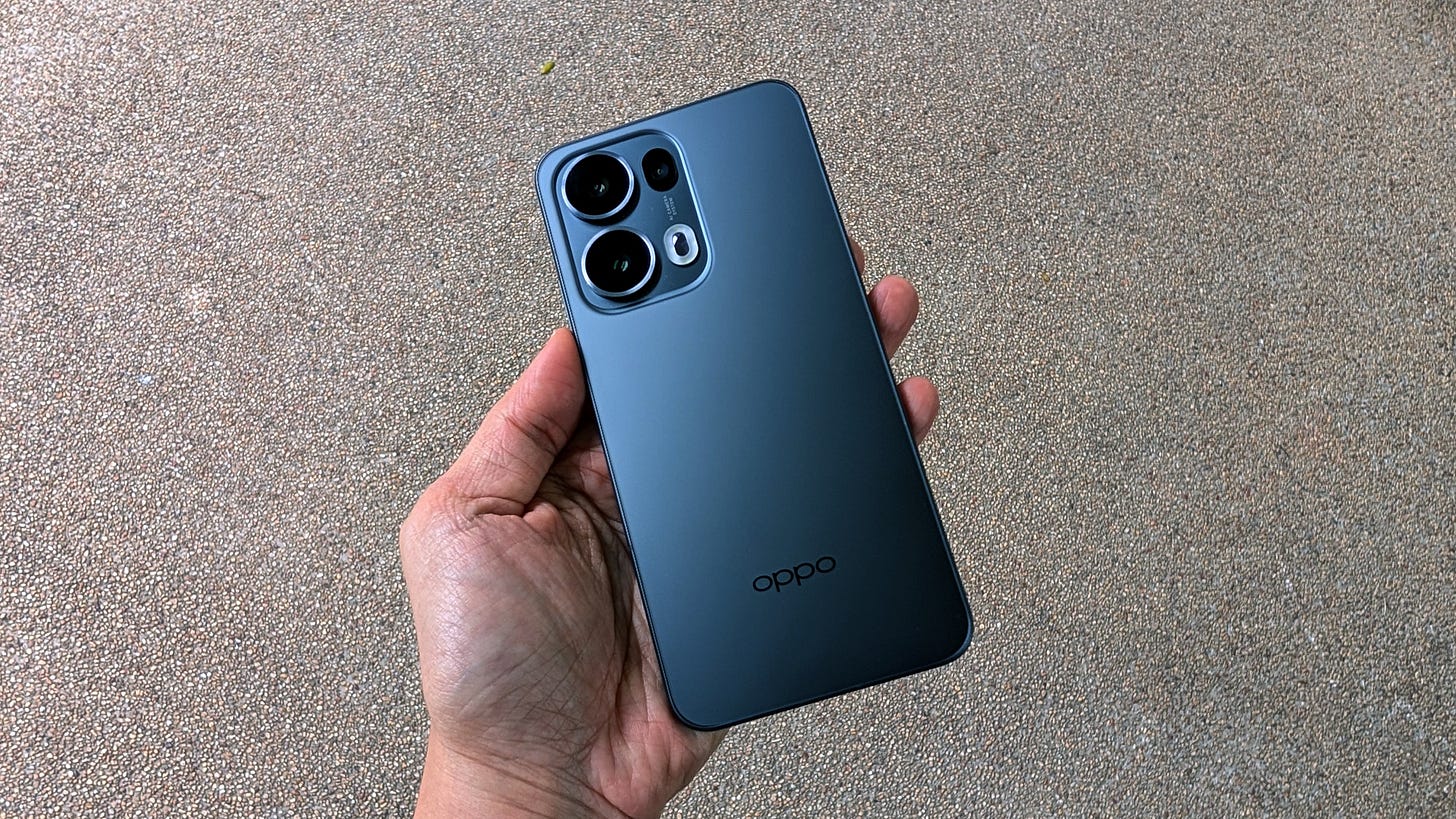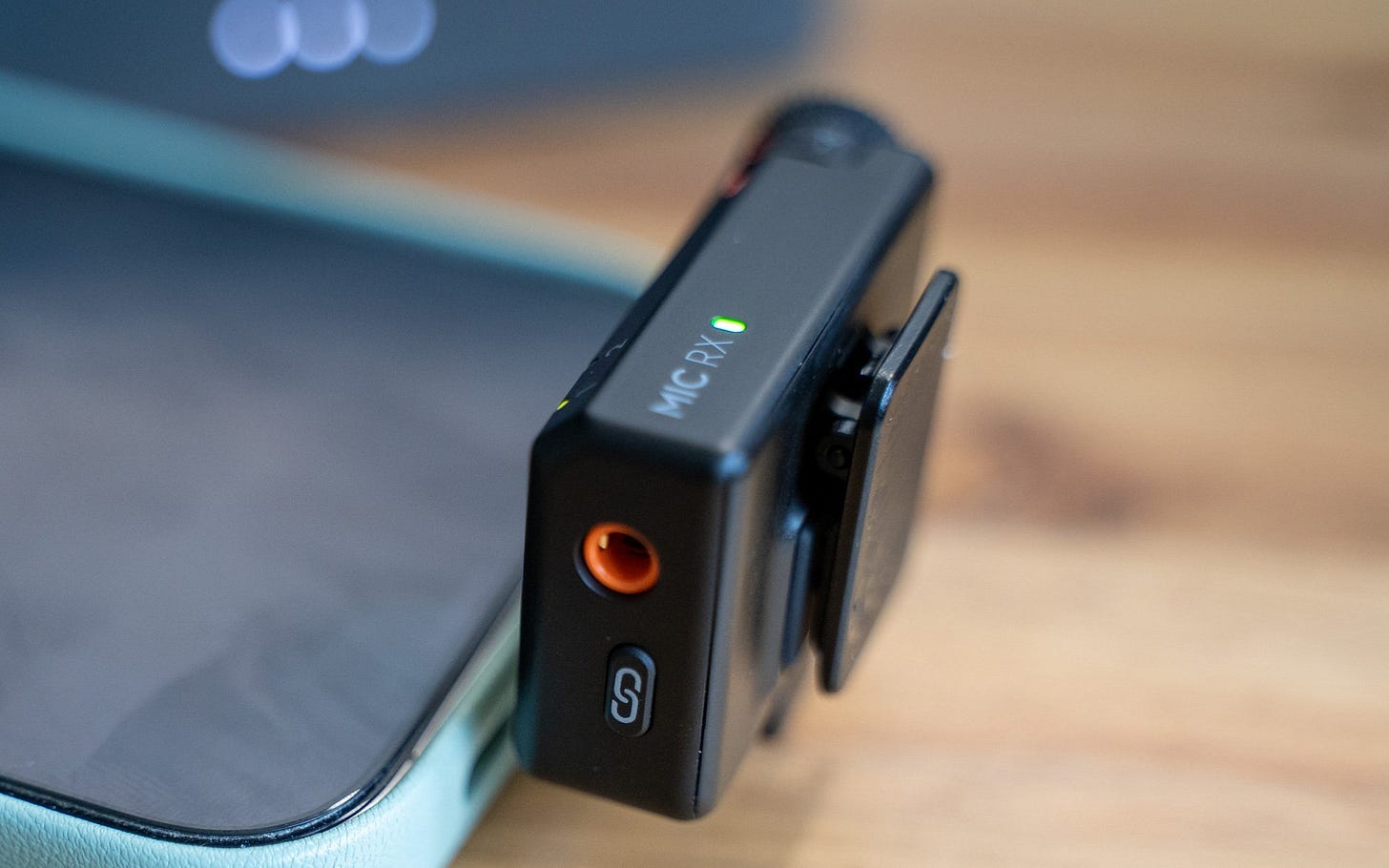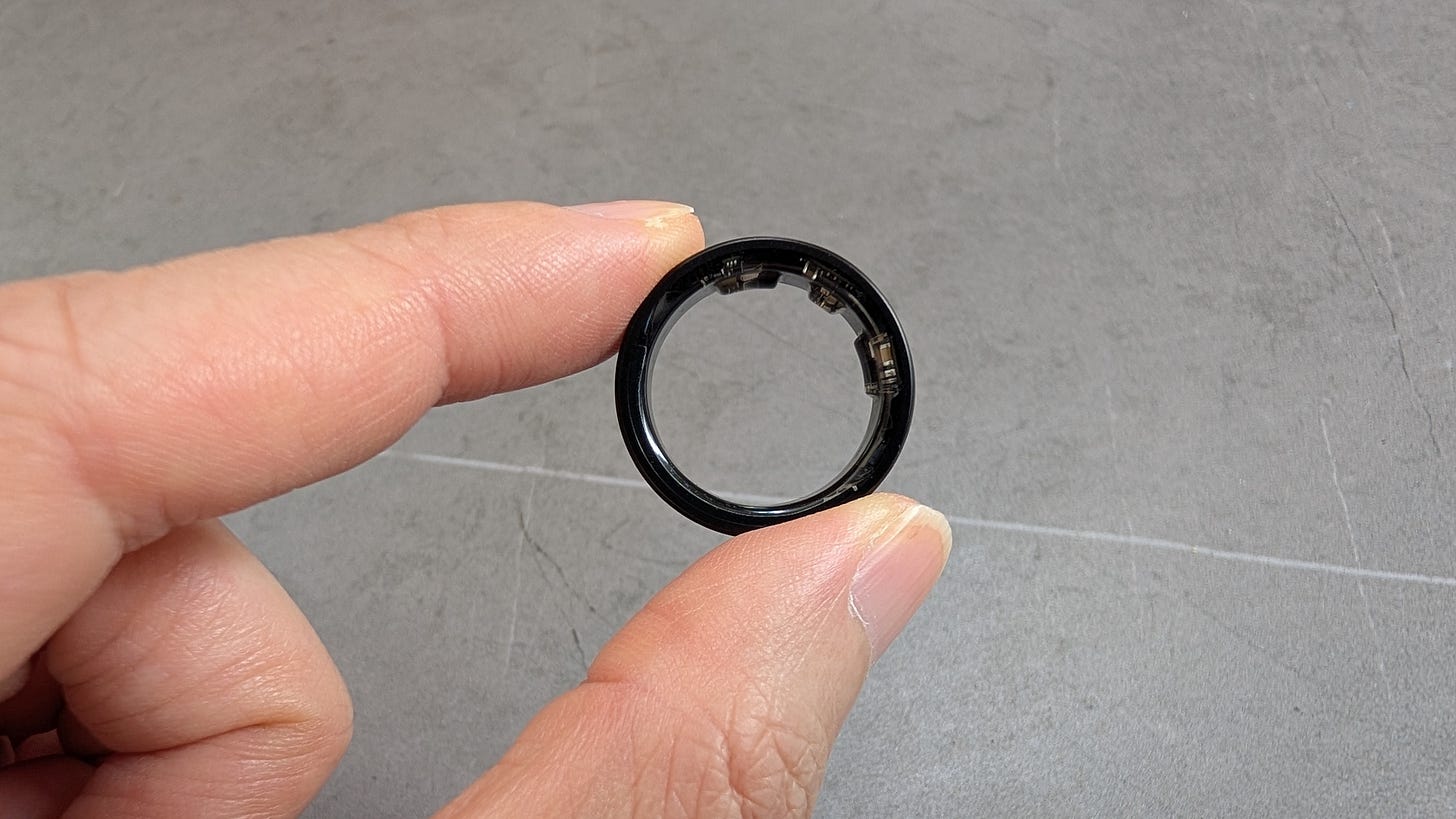With the Trump administration throwing tariffs around like paper towels, movements like Buy Canadian have sprung up in response. While it’s not that tricky to avoid American-made goods and brands like Coca-Cola and Starbucks in Singapore, it’s practically impossible to boycott US tech companies. Case in point: I’m posting this on Substack, a US-based media platform, from a Windows PC.
Social media is probably the easiest for me. Outside of work, I don’t use Facebook and Instagram from Mark Zuckerberg’s Meta, which recently canned its fact-checking programme. But Meta also owns WhatsApp, and that’s an essential app for most people here. I would also find it very tough to wean off Reddit, which is American, and where I do most of my doom-scrolling. In fact, I was somewhat inspired by this Reddit discussion.
I could probably do low-hanging fruit like unsubscribing from Amazon Prime. I don’t buy groceries from them, and the offerings on Amazon Prime Video are still relatively lacklustre after so many years. Disney+ is another I could cancel, especially after they raised the price. Then there’s Netflix, HBO Max and YouTube — all of which I would be loathe to lose. There are no real alternative to video streaming services (maybe Mubi), short of piracy, or switching to watching only Asian shows.
The situation is slightly better for music. I currently use Apple Music, but switching to Spotify isn’t any better since it, like many other tech firms, donated to the Trump inauguration. Tidal is majority-owned by American company Block, but Qobuz is French. A last resort is KKBox, which is Taiwanese, and has mostly Chinese songs.
But who am I kidding? Google has all my data, from my treasured memories to my inner musings. The tech giant, together with Amazon and Microsoft, also run much of the global cloud infrastructure. My IP camera, for example, probably uses Amazon Web Services for cloud storage. So many other companies, even governments, rely on US tech firms that have embedded themselves into the fabric of our online world.
In short, Big (US) Tech is really too big to fail. Only governments can potentially regulate them, and the Trump administration looks unlikely to start any new antitrust action. Perhaps the only ones who can divorce themselves from US tech are those living in China. Or a hermit living in the wilderness somewhere.
This week, we tested an upper mid-range smartphone from Oppo, an affordable microphone from DJI, and the Samsung Galaxy Ring, a smart ring with better battery life than a typical smartwatch.
The Oppo Reno13 Pro 5G sits just below flagship smartphones in price (from S$999). Its performance and screen are not quite flagship level, but its battery life is among the best we have tested, and the cameras are pretty good, too. There’s also more AI features, including the Google Gemini AI assistant.
The DJI Mic Mini is an affordable microphone that works with the company’s entire range of products. S$199 gets the full set, which consists of two microphones, receiver, and a wireless charging case. The microphone weighs 10g, and offers two levels of noise cancellation. The audio quality is good, while you should easily get over 10 hours of battery life for both mic and receiver, with the case extending it up to 48 hours.
Can’t stand to wear a smartwatch to bed for sleep tracking? The best alternative is a smart ring like the Samsung Galaxy Ring. It’s definitely more comfy, and because it lacks a display, can last several days on a single charge. You do lose out on some functionality, though, and it’s actually more expensive (S$538) than a Galaxy Watch.







